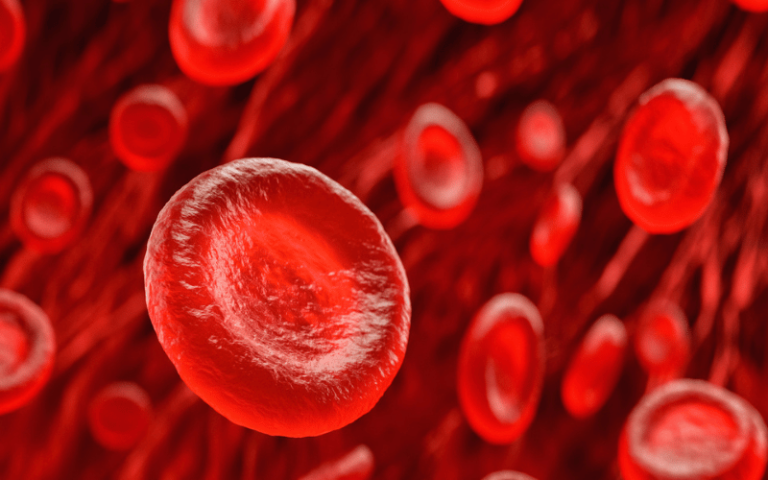Gene therapy developed at UCL transforms lives of people with haemophilia A
A new treatment for people with haemophilia A, developed at UCL and licensed to BioMarin Pharmaceuticals Inc., is offering a new quality of life for people with the debilitating disease.

16 August 2023
Roctavian (valoctocogene roxaparvovec) is the first ever gene therapy for adults with severe haemophilia A to be approved by the United States’ Food and Drug Administration (FDA). It follows a similar approval in August 2022 by the European Commission.
It means adults with the disease can now access a one-off, life-changing treatment, doing away with the regular injections previously needed to manage the disorder.
Life-changing impacts
Haemophilia A is a rare genetic bleeding disorder, where a genetic mutation results in a deficiency of a blood clotting protein in the body called factor VIII. Bleeding then becomes harder to control and life-threatening in severe cases, seriously impacting on the quality of life for people with the disease.
Currently, haemophilia A requires ongoing treatment throughout patients’ lives, with regular injections needed to replace the missing factor VIII.
Roctavian changes that by using a groundbreaking gene therapy approach to enable people with haemophilia A to increase their levels of factor VIII.
Patients receive a one-time, long-term treatment, where the active factor VIII gene is delivered by an engineered virus to supply genetic material into cells. This causes the patient’s liver to produce its own factor VIII protein, improving the ability of the body to control bleeding without regular injections.
Developed at UCL and licensed by UCLB
The technology was developed by Professor Amit Nathwani (UCL Cancer Institute and Institute of Immunity & Transplantation) and his team at UCL and St. Jude Children’s Research Hospital, USA. It was licensed by UCL Business (UCLB), the commercialisation company for UCL, to BioMarin Pharmaceuticals Inc. in 2013.
Professor Nathwani said: “It’s humbling to be involved in the creation of the first gene therapy for patients with severe haemophilia A. Current treatment is effective but highly demanding, requiring regular lifelong injections. Most severe haemophilia A patients suffer recurrent break-through bleeding into joints despite treatment that ultimately leads to disability and chronic pain.
“The approval of Roctavian is an important and long-awaited advance that addresses the genetic cause of the condition.”
Richard Fagan is UCLB’s Director of BioPharm and led on the licensing deal. He said: “BioMarin didn’t have experience in gene therapy at the outset. But they’ve been great to work with and very collaborative. In ten years, they’ve taken this therapy all the way through clinical development to marketing authorisation. They’ve run the largest clinical trials for a gene therapy for the treatment of haemophilia A in the world. So it’s a great example of an industry-academic partnership which has delivered real patient benefit.”
BioMarin’s GENEr-8, the longest global Phase 3 study to date for any gene therapy in haemophilia, was key to achieving the approval of Roctavian by the FDA. It found that the therapy was effective in reducing the rate of bleeding in a cohort of 134 patients for at least three years.
Making gene therapy available to patients around the world
The relationship with BioMarin will be key if Professor Nathwani is to realise his ultimate ambition for Roctavian, which is to make it available to everyone in the world who needs it.
He’s driven by the potentially transformative impact on patients’ lives: “We have a fantastic relationship with BioMarin and we’re continuing to work closely with them on the roll out of this new treatment. With their support, we’re currently exploring an opportunity to evaluate haemophilia gene therapy in patients in Uganda, which is where I was born. So I’m very excited about that. And if we can get this programme to work we’ll continue spreading it across the world.”
Links
- Interview with Professor Amit Nathwani on the UCLB Big Talks on Big Impacts podcast
- Professor Amit Nathwani's academic profile
- UCL Institute of Immunity & Transplantation
- UCL Faculty of Medical Sciences
- UCL Business (UCLB)
Photo © Pixel Image (iStock)
 Close
Close

